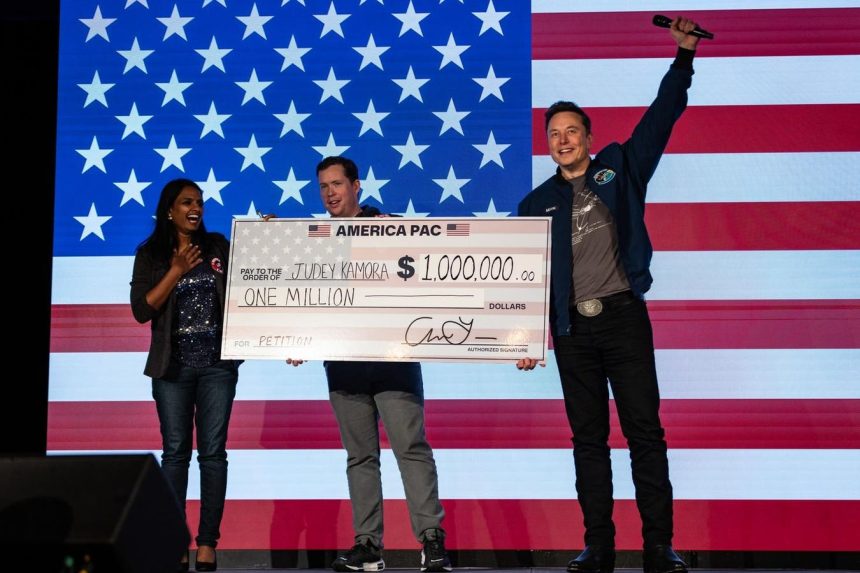The controversy surrounding Elon Musk’s gaming habits, specifically in Diablo 4 and Path of Exile 2, reached a new peak with his recent admission of account boosting and potential real-money trading (RMT) for in-game items. This revelation came to light through a video interview conducted by YouTuber NikoWrex, who shared direct messages exchanged with Musk. In these messages, Musk candidly confessed to utilizing external assistance to enhance his characters’ progression, claiming it was a necessary measure to compete with players in Asia, where dedicated teams often collaborate on single accounts to achieve top rankings.
Musk’s admission sheds light on the increasingly competitive landscape of online gaming, where dedicated players and organized groups often invest significant time and resources to achieve top rankings. While the practice of account boosting and RMT is often frowned upon within gaming communities, Musk seemed to suggest it was a common practice, especially at the highest levels of competition. He stated that it would be impossible to compete with top players, particularly those in Asia, without resorting to such methods. He further emphasized that multiple people are often involved in managing and playing these high-ranked accounts, implying it’s not a solo endeavor.
However, Musk’s statements have sparked debate about the ethics and fairness of these practices within the gaming community. Critics argue that such practices create an uneven playing field, giving an unfair advantage to those with the financial means to purchase boosts and items. This, they argue, devalues the achievements of players who progress through the game solely through their own skill and effort. The controversy also raises questions about the transparency and honesty of high-profile gamers, particularly those who stream their gameplay to large audiences.
Musk’s defense centered around the argument that he never explicitly claimed to have achieved his high rankings solely through his own gameplay. He admitted to playing his characters, particularly his Monk, at high levels, but likened the experience to a “Cookie Clicker” style of gameplay, suggesting that the character’s power made progression relatively effortless. While he acknowledged utilizing external assistance, he downplayed the significance of his actions, stating he wasn’t attempting to mislead anyone about his skills. However, critics argue that by showcasing these high-ranked characters on his streams without disclosing the external assistance received, he implicitly projected an image of himself as a highly skilled gamer, thereby misleading his audience.
The situation is further complicated by Musk’s prominent position as a highly influential figure in the tech world. His gaming habits have drawn considerable attention, with some arguing that his actions set a negative precedent for the gaming community. The fact that one of the world’s most powerful individuals is seemingly engaging in and potentially normalizing practices like account boosting and RMT raises concerns about the broader implications for online gaming. The situation also highlights the growing influence of streamers and online personalities in shaping gaming culture and the potential for misleading representations of skill and achievement.
The incident has sparked a discussion about the responsibility of prominent figures within the gaming community to maintain transparency and ethical conduct. It raises questions about the impact of account boosting and RMT on the competitive integrity of online games and the need for stricter regulations and enforcement to ensure a fair and enjoyable experience for all players. The debate is likely to continue as the gaming industry grapples with the increasing prevalence of these practices and the challenges they pose to the long-term health and sustainability of online gaming communities.



